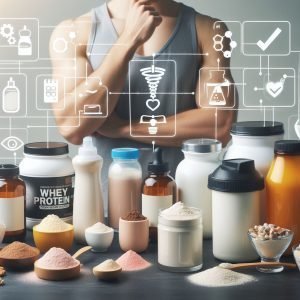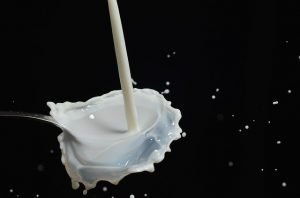M2PROTEINS KNOWLEDGE RESOURCE
Should I consume Whey after expiry date?

Should i consume Whey after expiry date?
Most of the comments on the internet say that the expiry date of whey has nothing do to with quality, but how it tastes and all that, but let me tell you as a manufacturer of the whey protein, a pharma professional and an analyst who has worked to establish these expiry date, the expiry date is there for a reason, to determine shelf life of the product and for your safety. Pharma and food companies spend thousands of dollars to conducts stability studies to establish expiry date, if it wasn’t important no one would be doing it.
So, let me first explain what an expiry date is;
It is the date on which important quality parameters of the product fall outside the specified range.
Many people tend to think it’s the date beyond which a product starts losing it potency, yes, it is true in part, but they don’t know the rest of it.
The product not only starts losing it potency, but also unwanted impurities start increasing beyond their safe levels. Not only the impurities, but in case of protein or food products the moisture may start increasing enough to support bacterial and pathogen growth.
The expiry date is established by conducting what is known as stability testing. The product is stored in a chamber at normal temperature and humidity. Then the samples are removed from the chamber (stability chamber to be specific) and tested at regular intervals for quality parameters such as:
- Assay value
- Impurities
- Moisture content
- Physical appearance
- Microbiological tests for various bacterial and pathogen
- Fungi and mold
The type of tests conducted depend on the nature of product, but it certainly involve the assay value, moisture content, microbiological test and for pharma products additional impurities test.
Criteria is defined for each test. For example, for protein the assay value or protein content should be within 90-110% of the claimed value for its entire shelf life, if the protein content fall below the lower value during the 6th month test, the product has shelf life of 6 months.
So, if results of any of the tests falls out of the specified criteria, the testing is stopped and that time point is considered the shelf life of the product.
And when the product has certain shelf life, say 18 months (results of all the quality parameters tests are within the limits) then the expiry date is 18 months after date of manufacturing.
Additional information:
This is called long term stability testing where the product is stored at room temperature and humidity, if takes long time to conduct this tests.
Another way to determine shelf life is to conduct accelerated stability testing, where the product is put under stress or conditions which will accelerate its degradation. For pharma and food it’s higher temperature and humidity, and by correlation the shelf life under normal conditions is established.
Proteins:
Proteins are highly nutritious material, numbers of micro-organisms and pathogen are happy to grow given a slightest chance. Beyond the expiry date the protein content can certainly fall below the optimum value, which is not much to worry, but having presence of microbes in the food is definitely a thing to worry.
As a manufacturer once we have a good amount of shelf life established let’s say 18 months, we stop conducting tests after that. And we don’t know what happens after 18 months, but we are sure and confident nothing happens until 18 months. It may be good even after the stated expiry date, but do you want to take a chance with your health and safety? I certainly won’t.
For Sale in India Only







